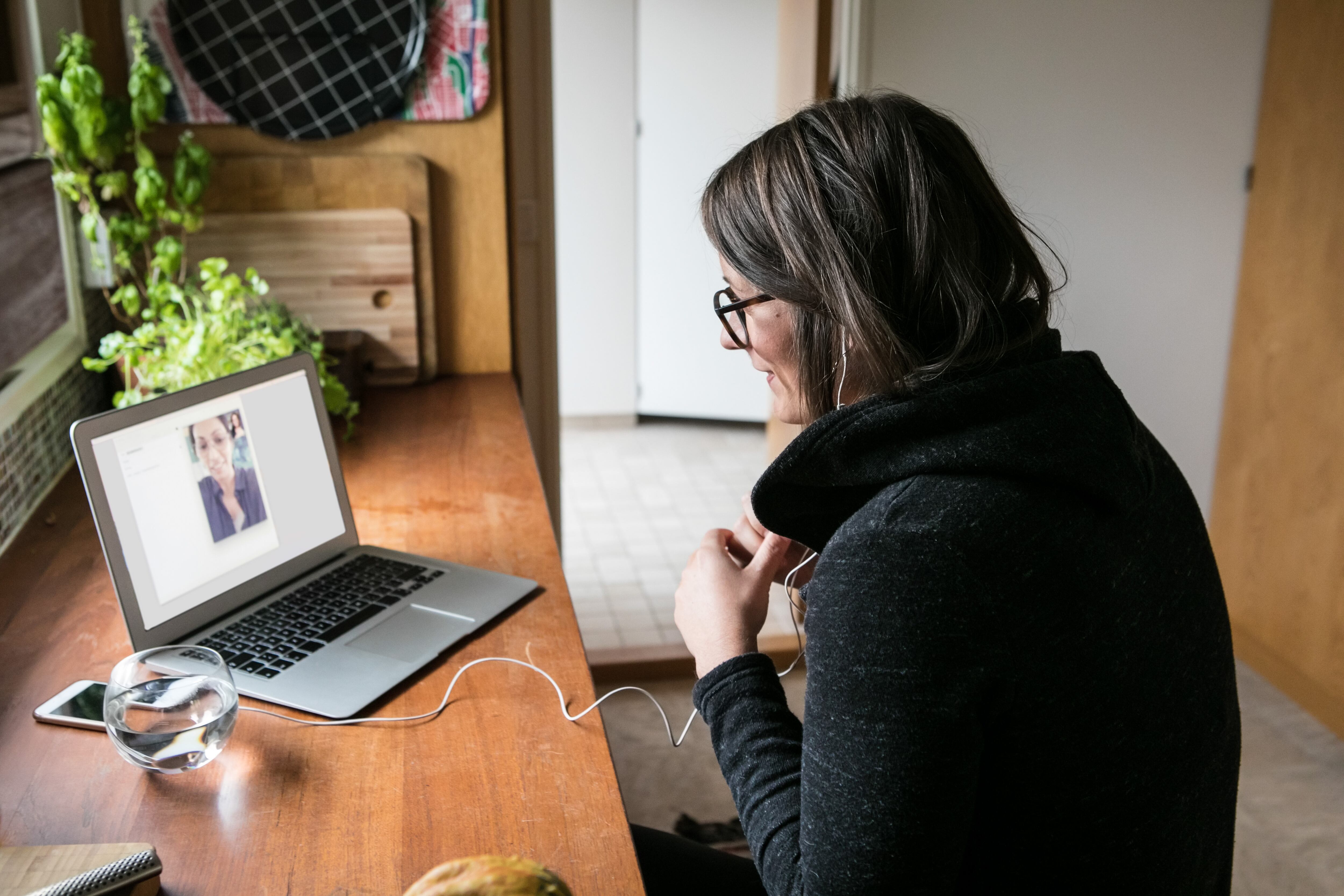Over time study after study has shown that people are happier, healthier, and live longer when they interact with others, but amid the COVID-19 pandemic, we're being physically forced apart. Human needs don't change, though, just because a deadly virus is running rampant across the globe.
Simply put, "happy people are social," psychology professor and creator of Yale University's famous class "Psychology and the Good Life", Laurie Santos told Cheddar.
Socialize 'Serendipitously'
As the working-from-home world quickly adopted Zoom to replace meetings, happy hour has moved to FaceTime and even online dating has evolved in the age of coronavirus. But it's been harder to replicate casual encounters such as chats with baristas at a local coffee shop or quick hellos in elevators, encounters some researchers have found to boost positive experiences as well.
"Formally we've gotten used to using these technologies," Santos said. "What we're learning now is we have to do this agenda-free … What we're missing right now is the low-key social interactions."
So how can people at-home stay connected and happy?
In addition to calling friends and families, people staying home should "be deliberate about doing things that seem very serendipitous socially," she said.
To encourage more spontaneous encounters, Santos suggested calling friends while chopping vegetables for dinner or wearing face masks on FaceTime with a group of friends. She said in addition to research about the relationship between happiness, health, and socialization, there's also research indicating that even when people are forced to have more serendipitous conversions, their moods are still improved.
Some people are already engaging in spontaneous interactions — whether they know it or not. Stanford Psychology professor Jamil Zaki said he has seen those sorts of interactions in Italians singing in balconies, bands playing on rooftops, and people inside their homes giving standing ovations for healthcare workers.
Zakil suggested people try being creative about those they choose to connect with. "Is there someone outside the box that might be good to talk with?"
Armed with tools to take care of physical health — washing hands, staying inside, or keeping six feet of distance when taking essential trips — cooped up people are looking for ways to take care of mental health, Santos told Cheddar.
"Three weeks ago it would have been weird if I called a friend in Seattle and said 'Let's do a yoga class on Skype," Santos said. But now, she's looking for ways to connect informally through technology.
"The science of well being hasn't changed in the last few weeks," Santos, whose online version of the uber-popular college course on Coursera has seen more than one million signups since March 1, said. "We just have different ways to embody those techniques than we did before."
Perform Acts of Kindness to Lower Stress
Socializing can increase your happiness and doing small acts of kindness can lower your stress and help find purpose.
Santos warned mental health is fragile right now and many people are experiencing anxiety. As an expert who studies and teaches these very subjects, she said she has been noticing that she was short of breath and felt tightness in her chest, which can be symptoms of COVID-19, but also manifestations of anxious feelings.
Providing help to friends or even strangers can lower stress and help mental health, a study by Yale and UCLA researchers suggested. Emily Ansell, a professor of psychiatry who led the research said, at the time, "Stressful days usually lead us to have a worse mood and poorer mental health, but our findings suggest that if we do small things for others … we won't feel as poorly on stressful days."
"Kindness is a great way to feel better about ourselves," Zaki said, suggesting disaster can still inspire kindness and give people a sense of control.
The Stanford professor said he and his colleagues had measured brain activity when people performed certain actions and found the same parts of the brain activates when people eat chocolate as when they do nice things for others.
He suggested that, as people figure out new routines while staying home, they incorporate ways to be helpful by donating time or money, checking in on others, or helping struggling businesses and people.
Even without active acts of kindness, Zaki reminded people it is "really important that we remember sheltering in place, although it's painful, is an act of kindness."
"Being alone is an act of solidarity," he said.



